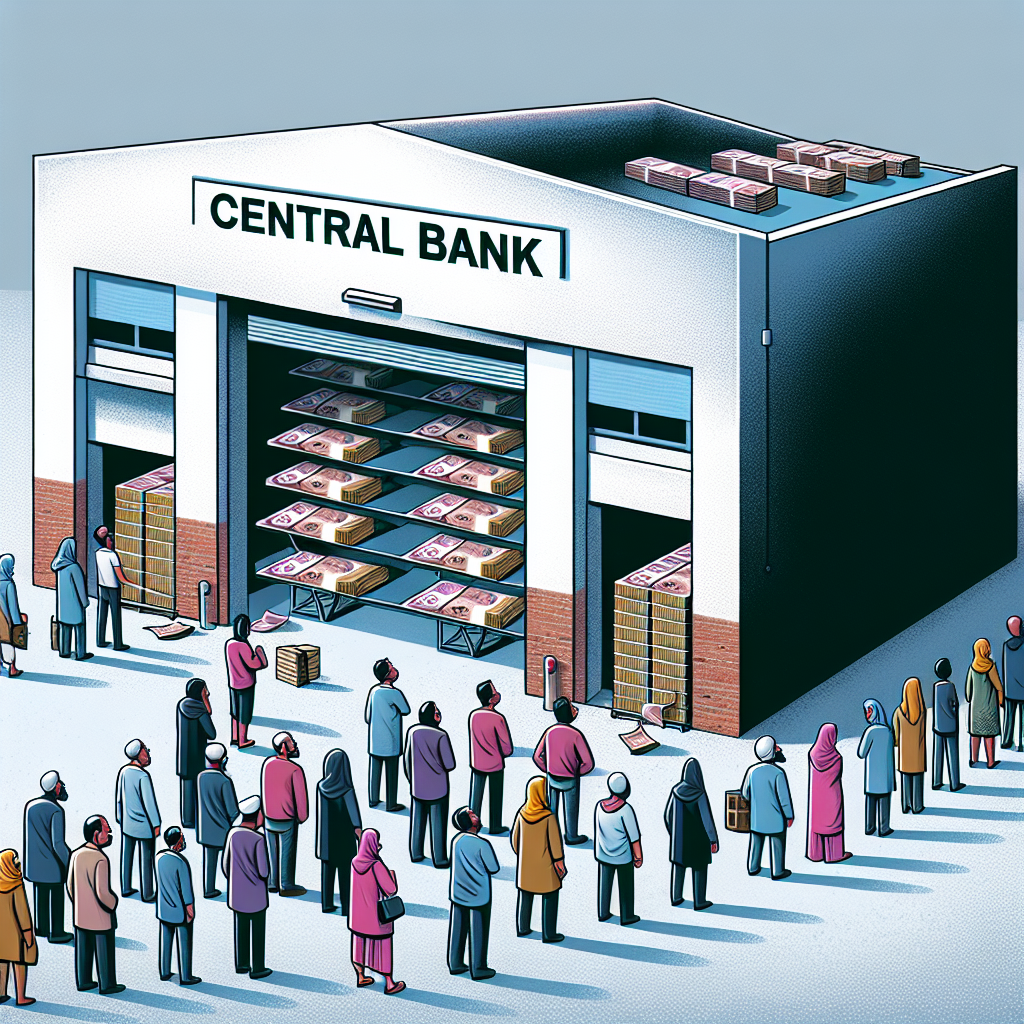Bangladesh’s Currency Note Shortage: Understanding the Crisis
Bangladesh’s Currency Note Shortage: Understanding the Crisis
Introduction to the Crisis
Bangladesh is currently grappling with a significant shortage of currency notes, a situation that has raised concerns among citizens and economists alike. This crisis is affecting daily transactions and the overall economic stability of the country.
Key Factors Contributing to the Shortage
- Increased Demand: A surge in demand for cash due to economic activities and festivals has outpaced the supply of currency notes.
- Production Delays: Delays in printing new currency notes have exacerbated the shortage, leaving banks and ATMs understocked.
- Supply Chain Disruptions: Global supply chain issues have impacted the import of raw materials necessary for currency production.
Impact on the Economy and Daily Life
The currency note shortage is having a ripple effect across various sectors:
- Banking Sector: Banks are struggling to meet the cash withdrawal demands of their customers, leading to long queues and frustration.
- Retail and Commerce: Retailers are facing difficulties in conducting cash transactions, affecting sales and customer satisfaction.
- Public Sentiment: The shortage has led to public discontent, with many expressing concerns over the government’s handling of the situation.
Government and Central Bank Response
In response to the crisis, the government and the central bank have implemented several measures:
- Increased Printing: Efforts are underway to ramp up the production of currency notes to meet the heightened demand.
- Digital Transactions Promotion: Initiatives to encourage digital payments are being promoted to reduce reliance on cash.
- Import of Currency Notes: The government is considering importing currency notes to alleviate the immediate shortage.
Conclusion
The currency note shortage in Bangladesh highlights the challenges of managing cash flow in a growing economy. While immediate measures are being taken to address the crisis, long-term solutions such as enhancing digital payment infrastructure and improving currency production capabilities are essential to prevent future occurrences. The situation underscores the need for a balanced approach to cash and digital transactions to ensure economic stability and public confidence.






































